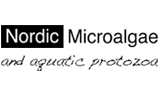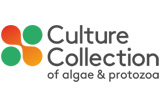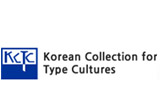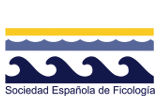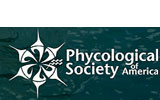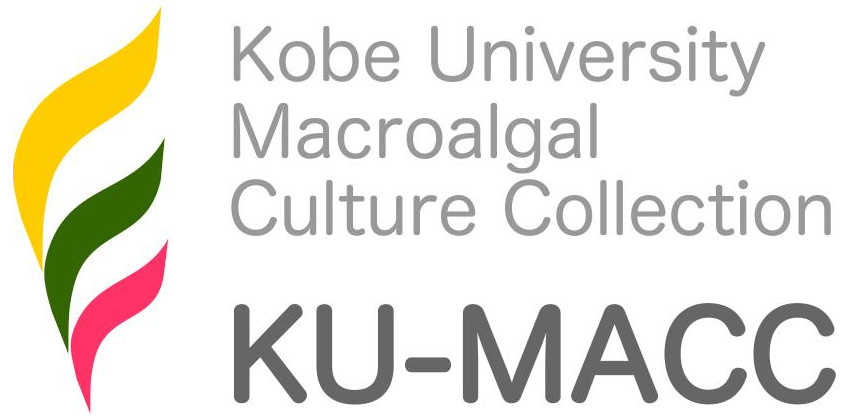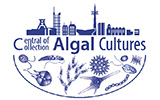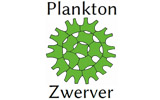Valonia C.Agardh, 1823
Lectotype species: Valonia aegagropila C.Agardh
Original publication: Agardh, C.A. (1823). Species algarum rite cognitae, cum synonymis, differentiis specificis et descriptionibus succinctis. Volumen primum pars posterior. pp. [vii-viii], [399]-531. Lundae [Lund]: ex officina Berlingiana.
Description: Thallus composed of compressed or loosely interwoven siphonous cells forming hemispherical domes or irregular cushions of indeterminate size. Plants astipitate; annular constrictions absent. Cells elongate, subclavate, subspherical or deformed; 1-10 mm diameter, 3-20 mm long. Apical orientation maintained or lost depending on species. Branches initiated from lenticular cells; terminal and subdichotomous, or lateral and irregular; to several orders; septate only at branch points. Density of branches species specific but also influenced by environment., Branches initiated from lenticular cells. Well developed rhizoid system absent; basal cells in contact with substratum serving as rhizoidal cells. Adventitious rhizoids rare. Structural reinforcement of branches achieved by close packing and tenacular cells arising sparsely along lateral surfaces. Cell division by lenticular cell type only, not segregative division. Cells multinucleate; chloroplasts numerous per cell and discoid, each with single pyrenoid. A life history involving a biphasic, isomorphic alternation of generations was suggested. Vegetative propagation via fragmentation probably occurs. Haploid and diploid chromosome number of 12-18 and 28-38 reported for three species. Nuclear DNA amounts (4C) estimated at 10.2 and 11.4 pg in V. macrophysa and V. utricularis. Valonia is widely distributed throughout the tropics in shallow intertidal habitats, often in association with Caulerpa species and coral rubble. Cushion-like thalli can sometimes reach 25 cm or more in diameter and are often hardly recognizable but casual observation in the field. V. utricularis also abundant in metahaline near-shore pool in the Red Sea. A variety of ultrastructural studies have been carried out including observations on flagellar apparatus, chloroplasts and cell walls. Valonia widely used as model system for physiological studies of Na, K and Cl on membrane potential, and water relations. Extensive studies have been undertaken of mechanisms of cell wall deposition, and roles of cellulose synthesizing complexes and microtubules. The phylogenetic position of Valonia (excluding V. ventricosa, see Ventricaria) with respect to other general of Siphonocladales-Cladophorales complex is not clear, though it is certainly a member of the complex based on immunological data. Valonia species are distinguished exclusively on cell size and branching patterns. Some species maintain a fairly symmetrical organization (i.e., C. aegagrophila) but others do not (i.e., V. utricularia).
Information contributed by: J.L. Olsen. The most recent alteration to this page was made on 2022-04-27 by M.D. Guiry.
Taxonomic status: This name is of an entity that is currently accepted taxonomically.
Gender: This genus name is currently treated as feminine.
Verification of Data
Users are responsible for verifying the accuracy of information before use, as noted on the website Content page.
Contributors
Some of the descriptions included in AlgaeBase were originally from the unpublished Encyclopedia of Algal Genera,
organised in the 1990s by Dr Bruce Parker on behalf of the Phycological Society of America (PSA)
and intended to be published in CD format.
These AlgaeBase descriptions are now being continually updated, and each current contributor is identified above.
The PSA and AlgaeBase warmly acknowledge the generosity of all past and present contributors and particularly the work of Dr Parker.
Descriptions of chrysophyte genera were subsequently published in J. Kristiansen & H.R. Preisig (eds.). 2001. Encyclopedia of Chrysophyte Genera. Bibliotheca Phycologica 110: 1-260.
Linking to this page: https://www.algaebase.org/search/genus/detail/?genus_id=33606
Citing AlgaeBase
Cite this record as:
M.D. Guiry in Guiry, M.D. & Guiry, G.M. 27 April 2022. AlgaeBase. World-wide electronic publication, National University of Ireland, Galway. https://www.algaebase.org; searched on 21 November 2024
 Request PDF
Request PDF
